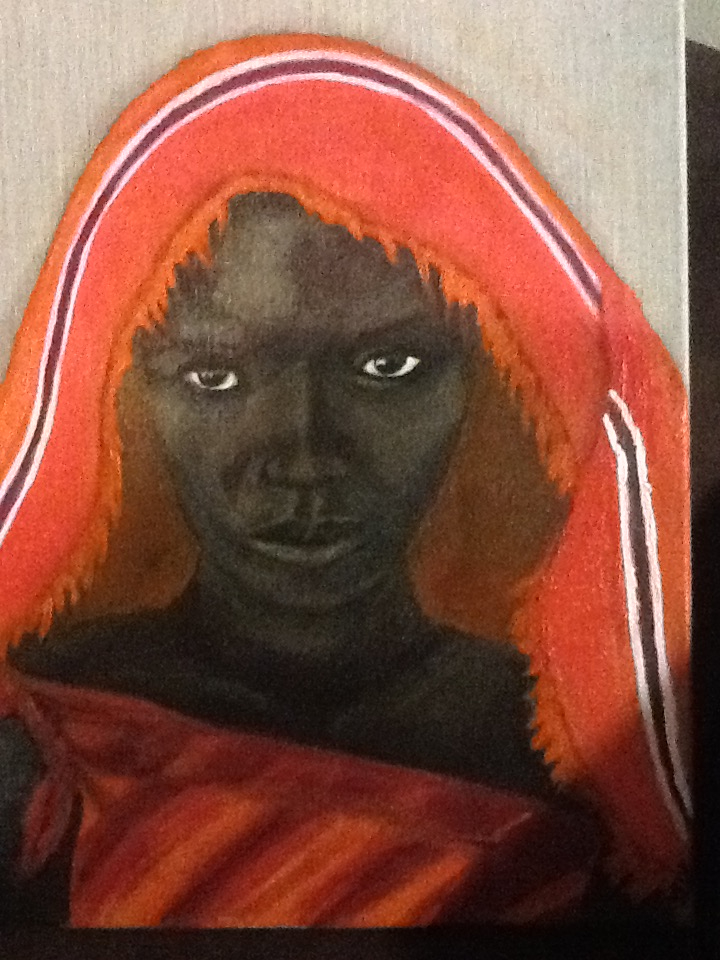As I got closer to the city, I saw that all that the wind had pulled down into the streets was subsequently floated, shoved around, pushed aside and buried under mud by waves of water that filled the city from broken and overwhelmed levees before the streets were hesitantly drained. Lingering reservoirs of water, dripped over old clapboards, and collapsed gutters, streamed down windowpanes, and gurgled through widening crevices in buildings’ dilapidated roofs. The grass at curbsides was brown, coated with clumped brown sludge. The sidewalks were the same shade of brown hosting a three inch thick layer of scum. Electricity had been out in metropolitan
I had rented an apartment just outside the city limits earlier in the year while my house was being renovated. Since the hurricane, the complex had greatly changed. Many of the apartments were rented to out of town contractors who had flocked to the area. The contractors brought in crews and put them in the apartments; six to eight men occupied one and two bedroom units. The city was under curfew for six weeks after the disaster and the crewmen had no where to go after work so they congregated along the second floor balcony and drank beer and smoked cigarettes until midnight or the crew foreman advised them to go to bed. I did not feel safe living alone in my apartment. I jumped at the chance to stay in the army-constructed accommodations for medical personnel in the city park. It was not particularly comfortable, but it felt safer.
I had worked in the
This morning, my eyes blinked open a little after three am. My sleeping bag was uncomfortable and the tent made noises unfamiliar to me. my alarm clock was not scheduled to go off for another three hours. I was volunteering at the FEMA medical site. I worked to exhaustion every day, too often feeling jittery and hyper-alert, seeing so much despair was frightening and draining. I had gone to bed at a little past midnight and three hours of sleep were hardly enough to refresh me for the pending day’s work. I lay very still, listening and wondering what had awakened me so thoroughly. Then I heard the deep rumbling of refrigerator trucks rolling in. They had been sent to the area to be used as storage space for the dead. Bodies floating in canals, slumped in wheelchairs, abandoned on highways, found in attics, and trapped beneath debris were being collected and transported to the medical station. Forty five bodies were found in
I turned over on the thin cot trying to will myself back to sleep, soon realizing that it was useless. Fragments of thought hurtled through my mind like shrapnel, sharp-edged and painful; there were so many bits and pieces; I could not grasp any one of them long enough to make sense of it. A fierce loneliness gripped me, how could my life come to this. I had known so many kind people who genuinely cared for me. Now it seemed that I was alone in the world. Not even my dog had survived the hurricane. I poignantly missed Aero, a faithful canine companion that died in the storm along with the dear friends who agreed to board him. Their property was flooded and everyone drowned including Aero. My eyes stung with tears as I remembered how Aero and I would go out on the levee for a run when I awoke before dawn unable to clear my mind or fall back to sleep.
